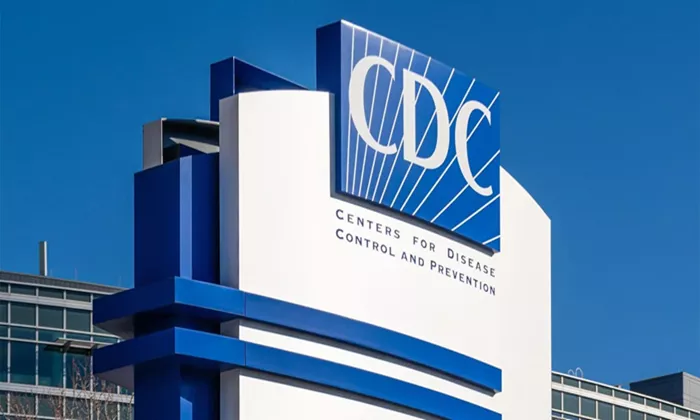The Trump administration has shut down the Healthcare Infection Control Practices Advisory Committee (HICPAC), a federal group that sets important guidelines to stop infections in hospitals and healthcare facilities.
HICPAC has been responsible for creating national standards on hand-washing, mask use, and isolating sick patients-rules that nearly all U.S. hospitals follow to keep patients safe.
Four committee members said the Centers for Disease Control and Prevention (CDC) informed them last Friday that HICPAC was terminated effective March 31. The closure aligns with President Trump’s executive order to reduce the federal workforce.
Before the shutdown, four professional medical societies had urged Health and Human Services Secretary Robert F. Kennedy Jr. to keep the committee intact, warning that cutting it would harm federal health efforts. The CDC and Health and Human Services have not commented on the closure.
Some of HICPAC’s web pages are now archived, meaning they remain online but will no longer be updated. Members worry that without the committee, infection control guidelines will become outdated and unable to adjust to new scientific discoveries or the rise of drug-resistant infections, which are a serious threat in hospitals.
Connie Steed, a committee member and former president of the Association for Professionals in Infection Control and Epidemiology, said, “When things need to change, the guidelines likely won’t, and then people will be flying by the seat of their pants.”
Dr. Anurag Malani, who joined HICPAC in January, noted the committee was close to finishing new rules on airborne germs. These rules, last updated in 2007, included a controversial suggestion allowing surgical masks instead of N95 respirators for some infections.
Malani said the new guidelines included lessons learned from COVID-19 and would have improved safety beyond pre-pandemic levels.
Jane Thomason, a lead nurse hygienist and HICPAC work group member, said the committee’s end removes public transparency. Without HICPAC’s public meetings, the public loses access to how CDC infection control guidance is created, which risks patient and healthcare worker safety.
Since its start over 30 years ago, HICPAC has made 540 recommendations to the CDC, with 90% fully adopted. These guidelines help keep infection control consistent across the country, preventing confusion among local health departments and hospitals.
HICPAC’s advice is often the foundation for hospital safety rules, federal funding requirements, and accreditation standards. Without it, hospitals may face inconsistent infection prevention practices, putting patients and staff at risk.
Experts warn that ending HICPAC could lead to more healthcare-associated infections and weaken the nation’s ability to respond to infectious threats in hospitals.
The committee’s closure marks a significant change in U.S. public health infrastructure, raising concerns about the future of infection control in healthcare settings.
Read more:
- AI Health Tech Offers Hope in Preventing Deadly Heart Conditions in Expecting Mothers
- How To Cope With Anxiety And Panic Attacks?
- How Anxiety And Depression Skew Self-Belief Despite Real Ability


